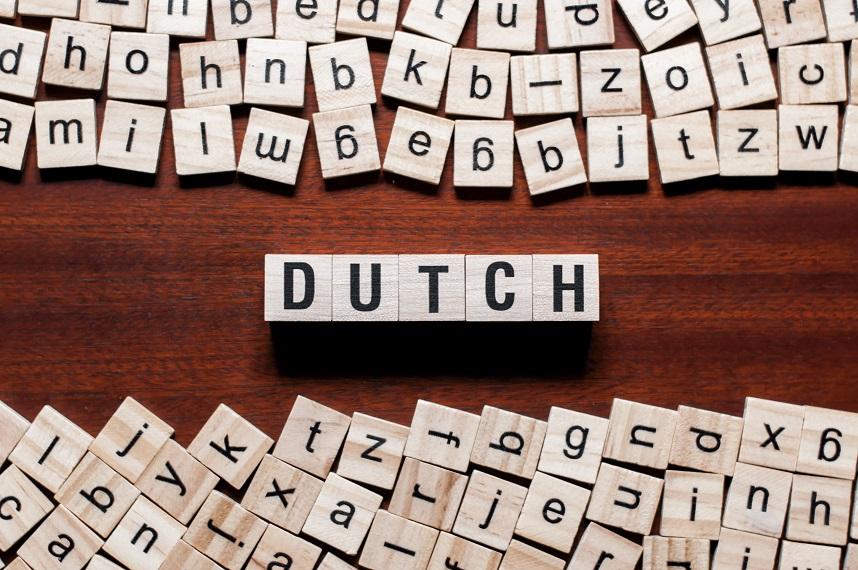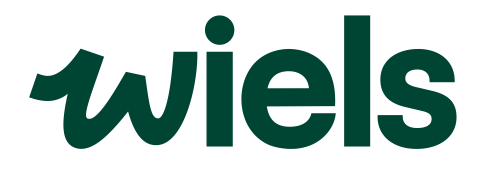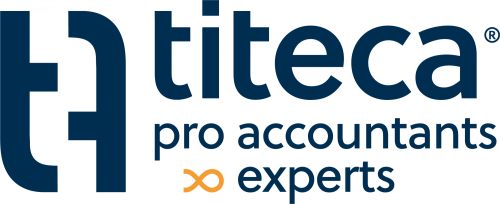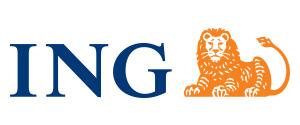Belgium has three official languages: Dutch, French and German. However, English is widely spoken by the younger generations. You will find that some older people do speak English, especially in Flanders, but it is less likely. Please note that although Belgium has three official languages, that does not mean that all of them are official everywhere.
The only official language of Flanders is Dutch; Brussels has both Dutch and French as its official languages albeit the lingua franca is French. The only official language of Wallonia is French, except for the nine municipalities (including the town of Eupen and its surroundings) of the German-speaking Community.
In West Flanders, people speak Nederlands (=Dutch) as their first language and French as a second language among people from older generations. Most young people however, speak at least some English as well. A dictionary that may help you is www.freedict.com or you can try www.learndutch.org.
There are also schools where they teach Dutch for foreigners.

Basic Dutch sentences
| Hello | Hallo | [ˈhɑlo] |
| Goodbye | Tot ziens | [tɔt zins] |
| Good morning | Goedemorgen | [xudəˈmɔrxə(n)] |
| Good afternoon | Goedemiddag | [xudə'mɪdɑx] |
| Good evening | Goedenavond | [xudə(n)ˈavɔnt] |
| Yes | Ja | [ja] |
| No | Nee | [ne] |
| Please (informal) | Alsjeblieft | [ɑlsjəˈblift] |
| Please (formal) | Alstublieft | [ɑlstyˈblift] |
| Thanks (informal) | Dank je wel | [dɑŋkjə'wɛl] |
| Thanks (formal) | Dank u wel | [dɑŋky'wɛl] |
| My name is … | Ik heet… | [ɪk het] |
| What is your name (formal)? | Hoe heet u? | [hu het y] |
| How are you (informal)? | Hoe gaat het met jou? | [hu xat hət mɛt jɑu] |
| Fine, and you (informal)? | Goed, en met jou? | [xut, ɛn mɛt jɑu] |
| Fine, and you (formal)? | Goed, en met u? | [xut, ɛn mɛt y] |
| Please to meet you | Aangenaam kennis te maken | [ˈanxənam ˈkɛnɪs tə 'makə(n)] |
| How much is it? | Hoeveel kost het? | [ˈhuvel kɔst hət] |
| See you later | Tot straks | [tɔt strɑks] |
| Sorry | Sorry | [ˈsɔri] |
| Excuse me | Excuseer | [ɛkskyˈzer] |
| Can you help me please (formal) | Kunt u me helpen alstublieft? | [ˈkʏnt y mə ˈhɛlpə(n) ɑlstyˈblift] |
| Where is…. | Waar is… | [war ɪs...] |
| … the station | … het station | [...hət sta(t)sˈjɔn] |
| I’ll have (a)… | Voor mij (een)… | [vor mɛi (ən)...] |
| …pint of beer | … pintje | […pɪntjə] |
| The check/bill please | De rekening alstublieft | [də ˈrekənɪŋ ɑlstyˈblift] |
| Does this train/bus go to…? | Gaat deze trein/bus naar …? | [xat ˈdezə trɛin/bʏs nar] |
| Can I have a piece of … | Mag ik een stuk (van)… | ['mɑx ɪk ən stʏk (vɑn)...] |
| One moment please! | Een moment alstublieft! | [ən moˈmɛnt ɑlstyˈblift] |
| Can I help you? | Kan ik u helpen? | [kɑn ɪk y ˈhɛlpə(n)] |







